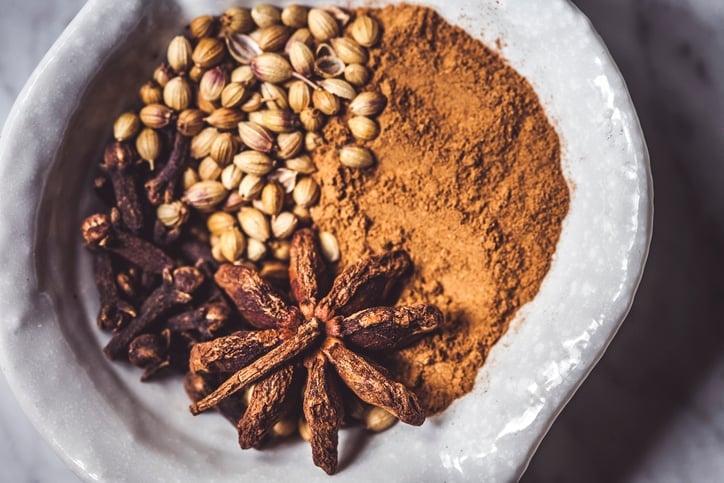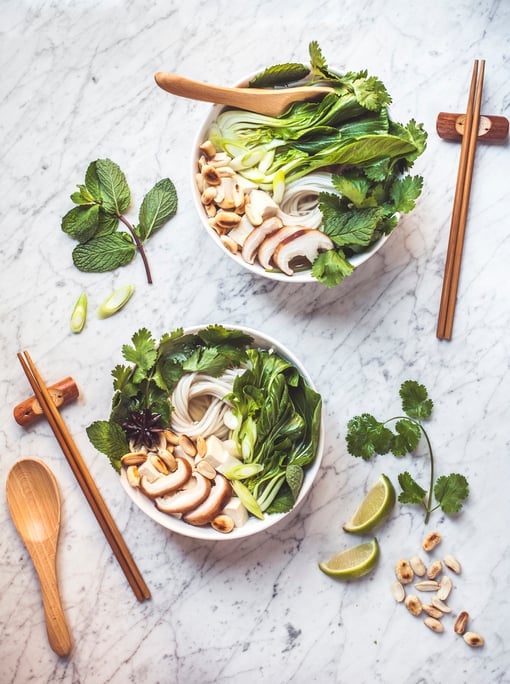
In the herb world, coriander (or cilantro) is like Kanye West.
Or maybe even, dare we say, Donald Trump. There are, unlike coriander, some people who feel indifferent towards Kanye West, whereas everyone has a strong opinion on Donald Trump.
Coriander, or cilantro as it’s known in the US, is a herb so shrouded in controversy, people either love it or loathe it.
By loathe it we mean the very appearance of it on a plate will make them rage. And don’t even get ’em started on the taste…
To cilantro-haters, there is nothing in the spice world more despicable.
But as research shows, unlike politics they might not actually have a choice in their stance when it comes to the divisive herb.
The reason some are so downright offended by the taste of coriander might actually be genetic.
To get to the bottom of this theory, we approached food and agricultural scientist and University of Sydney professor, Les Copeland
So, could our dislike of coriander be down to genetics?
Professor Copeland began by explaining the biology behind what determines our palate.
He said that each individual has slight variations to the the genetic make-up of our “sensory perceptions”, which is why some people like the taste of certain foods, and others don’t.
“Sensory perceptions (aroma, taste, visual, etc.) are determined largely by genetics and can vary greatly between individuals,” he said.
“The experience induced by a sensory stimulus depends on the interaction between the sensory signal and a specific receptor.





Top Comments
I’m sorry to rain on the parade but both my parents love coriander and I only tolerate it in small amounts otherwise I detest it. Not sure about further back. There are a lot of things I hate that my parents both love actually....I think that it just comes down to individual likes and dislikes. And as for it’s health benefits, I’m sure you would have to eat a lot of it to feel any benefit....
Fresh coriander is the devil's herb. I do love how polarising it is though, my best friend can't get enough of it whereas even just a quarter of the leaf will ruin the meal for me. However I really love the seeds, they're absolutely delicious especially fried in ghee with capsicum.
I thought that the devil's herb was marjoram. Which, I'm for testing at festivals, just so you know.